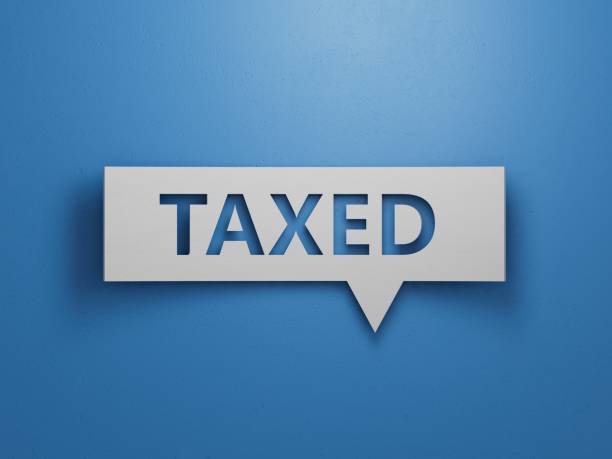A new study by the Harvard Business School has found that higher minimum wages in California’s Bay Area have resulted in an increase in overall restaurant closures in the region. The less expensive and lower rated the restaurant, the greater the impact. The study also found higher minimum wages caused fewer new restaurants to open.
The study, "Survival of the Fittest: The Impact of the Minimum Wage on Firm Exit”, examined the impact of higher minimum wages on the thousands of full and limited-service restaurants in the cities surrounding the San Francisco Bay, which includes major cities like San Francisco, San Jose, and Oakland. Cities in that region have led the nation in passing laws increasing local minimum wages. Among the 41 cities and counties that have increased minimum wages at the local level since 2012, 15 were in the Bay Area, with 21 total Bay Area minimum wage increases during the study’s sample period from 2008 through 2016. The minimum wages in more than a dozen Bay Area cities have increased, or are set to increase, in 2017.
Since restaurants are one of the largest employers of minimum wage workers, one would logically expect the impacts of an artificially high minimum wage to be evident in that industry before others. In a national survey of restaurant owners, 24% said rising minimum wages are their biggest challenge for 2017.
The data from the Harvard study bears this out—higher minimum wages have increased overall failure rates for Bay Area restaurants. The study found that a $1 increase in the minimum wage increases the overall likelihood of a restaurant going out of business by 4% to 10%.
Those numbers are significantly higher for less-expensive and lower-ranked restaurants (as defined by ratings denoted by the number of stars awarded on the review platform Yelp), which the study revealed are disproportionately impacted by increases to the minimum wage. After accounting for the fact that a less expensive, lower-quality restaurant is already closer to the margin of failure, the study found a higher minimum wage further increases the likelihood of that restaurant failing.
According to the Harvard study data, a $1 increase in the minimum wage leads to an alarming 14% increase in the likelihood of closure for a 3.5-star restaurant (which is the median rating), but had no discernible impact for a top rated 5-star restaurant. So the lower-ranked restaurants that cost less have a harder time surviving the increased labor costs of a higher minimum wage.
Just as concerning is the study’s finding that the entry rate of restaurants also declined as minimum wages increased—a $1 increase in the minimum wage corresponds to a 4% to 6% reduction in the number of new restaurants opened.
As the lead researcher of the University of Washington study on Seattle’s minimum wage law has said, increasing the minimum wage is a double-edged sword that “creates winners and losers.”
In the Bay Area study, the winners are the expensive, 4 and 5-star restaurants and its employees. Those establishments typically pay workers more and so are not as likely to be impacted by the increased labor costs of a higher minimum wage. Even if they are impacted, their patrons are willing to pay top dollar for a 5-star meal and service, so increasing their menu prices doesn't have the same impact as a restaurant that caters to a lower price point. And since those restaurants pay workers more and diners tip more generously, making those jobs more valuable, they can choose to only hire workers with experience and proven skills.
The losers are the less expensive and lower-ranked restaurants and its employees who increasingly find themselves at risk of losing their job, which makes it even more difficult for them to garner the experience and learn the skills they need to compete for the better paying jobs at the higher quality restaurants (which according to the Harvard study come with the added benefit of much greater job security). Also losing are the new workers trying to enter the job market with little or no skills or experience—they have fewer job opportunities altogether because new restaurants were not opened at all. Also losing are the diners who find themselves with fewer lost cost dining choices.
Last year, before signing California’s landmark $15 minimum wage bill, Governor Jerry Brown acknowledged that, “economically, minimum wages may not make sense.” The results of the Harvard study are proving him right.





